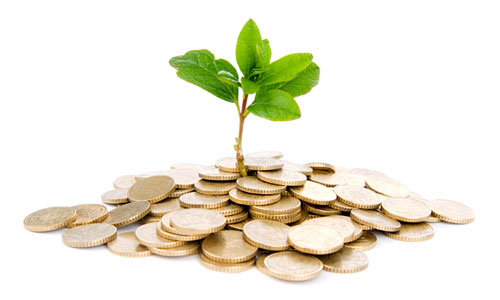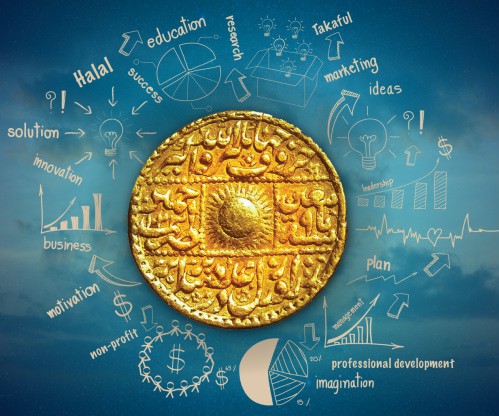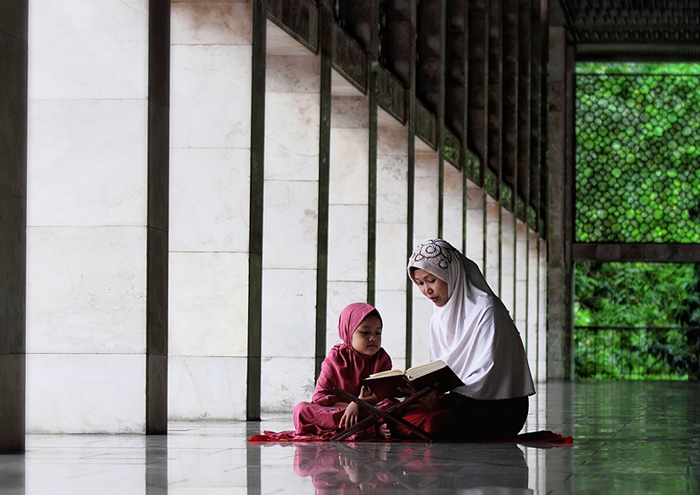8 Islam’s Measures for Realizing Economic Justice / part 6
#6
Reciprocal social responsibility
Reciprocal social responsibility among Muslims is a further important safeguard towards a just distribution of wealth and combating destitution and poverty in the Muslim community.
From an Islamic education, Islamic sentiments are developed for a Muslim to feel responsible for his brother. On no account should be bask in life pleasures and luxuries whereas his brothers suffer from the severe pains bitter hunger, and unsatisfied needs.
Islamic law lays down the principle of reciprocal social responsibility on spiritual and moral grounds to implement such concerned behavior. By so doing, Islam build up a strong, tenacious society, in which the individual shoulders his duties by identifying with his suffering brothers.
Numerous traditions and narrations emphasize this principle and urge Muslims to share the burden uniformly.
The Noble Messenger (s.a.w.w.) is quoted to have said:
“Never does he believe in me who goes to bed full, while his neighbor is hungry. Never shall Allah on the Day of Judgment look with favour at the people of a place who pass their night satisfied but among them is a hungry one.” 4
He also said:
“Surely he is not a Muslim who does not take interest in the affairs of Muslims. And surely he is not a Muslim who hears a Muslim calling for help and does not respond to his call.” 5
He further said:
“All of you are leaders and all of you are responsible for your subjects.”
On this point Imam Ja’far al-Sadiq (a.s.) is quoted to have said:
“The right of the Muslim on the Muslim is that he should never eat his fill while his brother suffers, never should be quench his thirst while his brother suffers thirst, never should he clothe himself while his brother suffers inadequate clothing.” 6
Another tradition reads:
“Any believer who denies another faithful something he can certainly offer him or can do for him, on his own or with others’ help, Allah shall certainly resurrect him on the Day of Judgment black-faced, with withered eyes and hands tied up to his neck. Someone shall cry out, ‘This is the traitor who betrayed Allah and his Messenger.’ Then he shall be ordered to be thrown into hell-fire.”
Deep in themselves, Muslims feel great human sentiments. With such cooperative, kindly manners, Muslims treat one another. They only act incompatible ways with Islam’s excellent teachings, which leave their mark far more than any material and corporal power could do. Muslims move to act, urged by the reward stored for them and by their implanted benevolence more than by the whip of the dictatorial authority.



